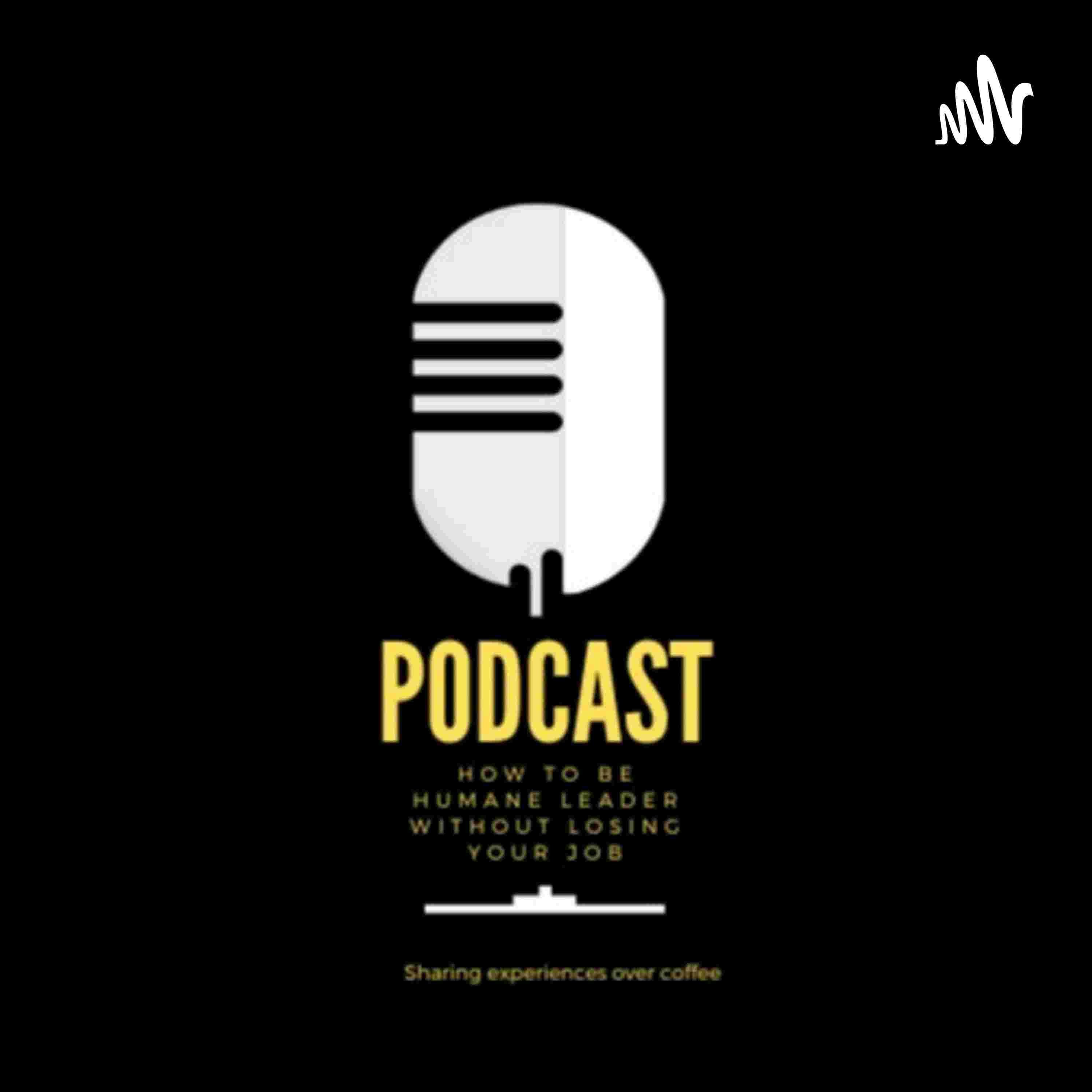

In this insightful episode, Roberto and Chris guide listeners through the critical process of identifying negative traits and red flags during a job interview. They emphasize that interviewing is a two-way street, and candidates should be just as vigilant in assessing a potential employer as the employer is in evaluating them. Drawing from their extensive experience, they share personal anecdotes and practical advice on what to look out for.
Here's what we covered:
🤬 Inappropriate Conduct: Chris recounts an experience where a CIO's constant swearing during an interview was an immediate deal-breaker, highlighting that cultural fit and professional communication are crucial.
🗓️ Disrespect for Your Time: Roberto shares an experience of an interviewer failing to show up for a scheduled meeting, underscoring that a lack of punctuality and respect for a candidate's time is a major red flag for how the company values its employees.
🎯 Prepararation: The hosts discuss the importance of interviewers being prepared. If an interviewer hasn't even reviewed your resume, it could signal a disorganized environment, excessive workload, or a general lack of respect.
🗣️ Micromanagement Tendencies: Be wary of questions or discussions that hint at a micromanagement culture. Roberto suggests asking about leadership style and autonomy to gauge if the environment will be stifling or empowering.
🤖 Canned or Slogan-Filled Answers: Chris advises caution if interviewers offer only generic, marketing-speak answers about company culture. A lack of genuine, scenario-based explanations might indicate a superficial culture or one heavily managed from above.
🔋 Lack of Passion or Energy: Observe the energy and passion of your interviewers. A noticeable lack of enthusiasm, especially when discussing their day-to-day or the company's work, can be a sign of burnout or a disengaged workforce.
🔄 Poor Team Interaction: Pay attention to how team members interact with each other during handoffs or casual encounters. Positive, energetic exchanges are a good sign, while dreary or tense interactions can signal underlying issues.
⚖️ Objective Evaluation (Even When Desperate): The most crucial advice is to remain objective, even when you're desperate for a job. Roberto and Chris encourage creating a list of "must-haves" and "deal-breakers" to objectively evaluate opportunities and avoid accepting a role that will likely lead to dissatisfaction.
Don't settle for less than you deserve! Gain crucial insights for your next job search. Download and subscribe to our podcast today! 🎧✨
#JobSearch #InterviewTips #RedFlags #CareerAdvice #HumaneLeadership #WorkplaceCulture #ProfessionalDevelopment #EmployeeExperience #LeadershipInsights